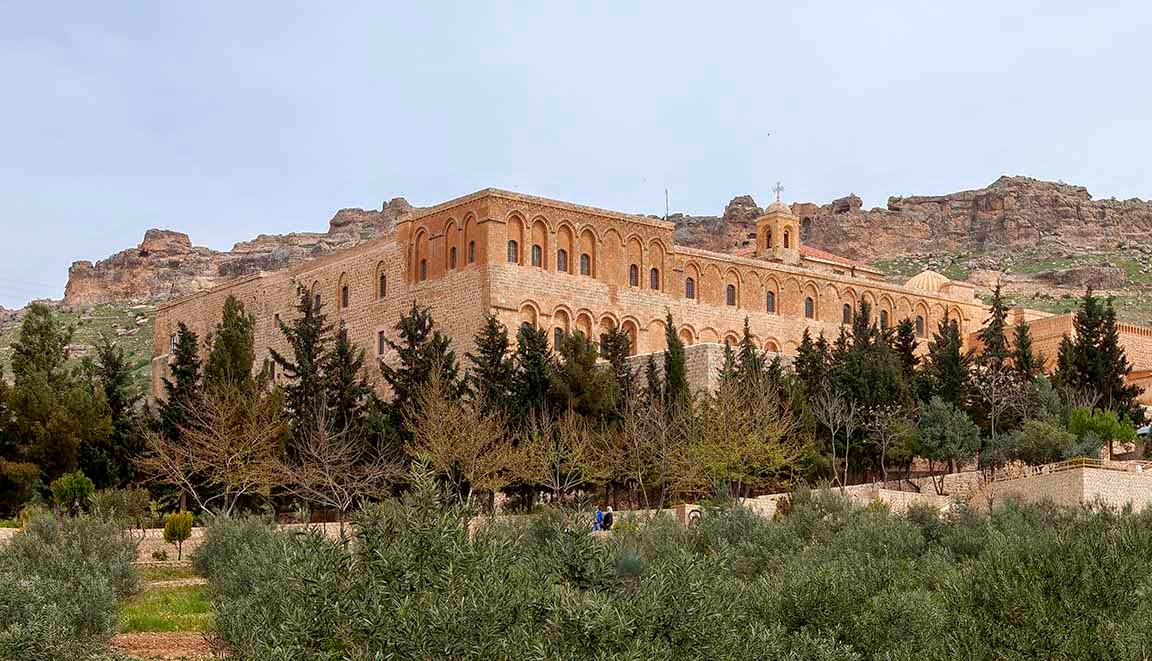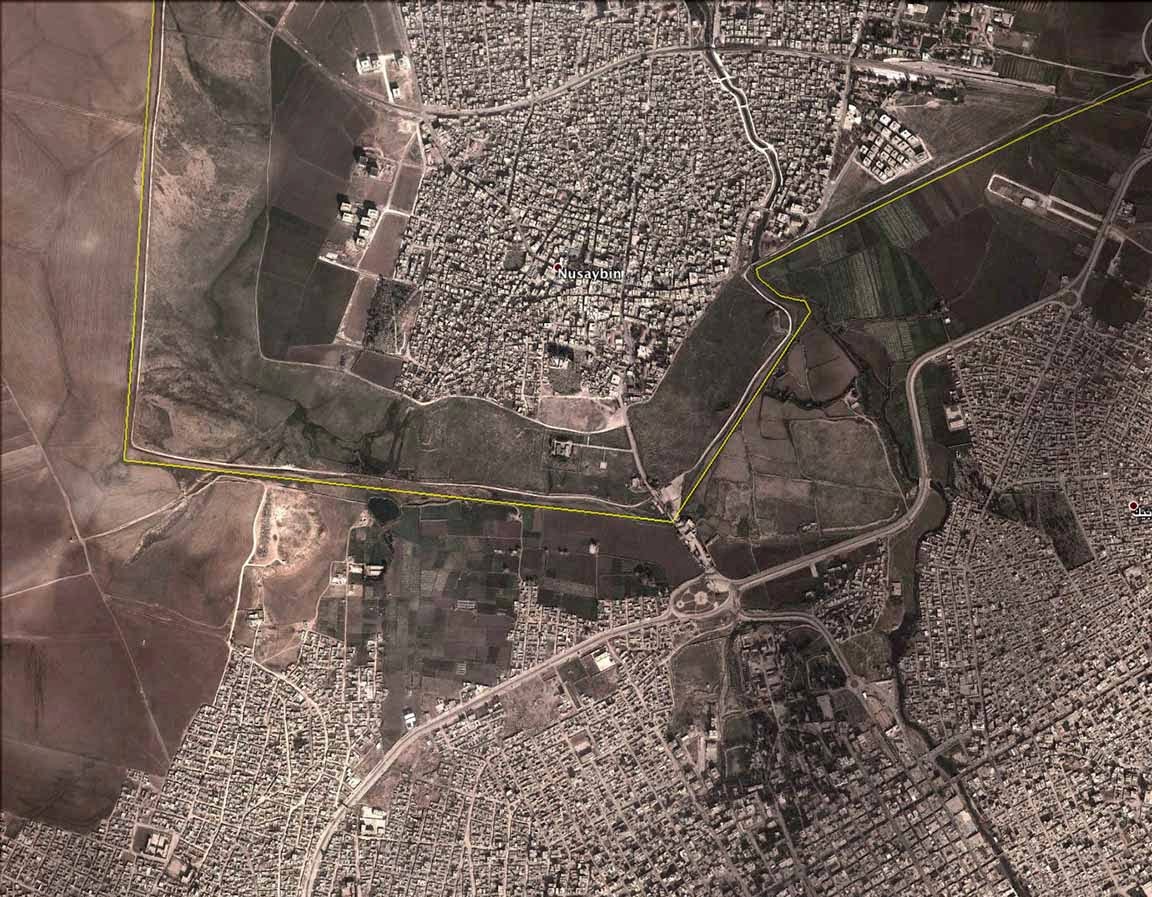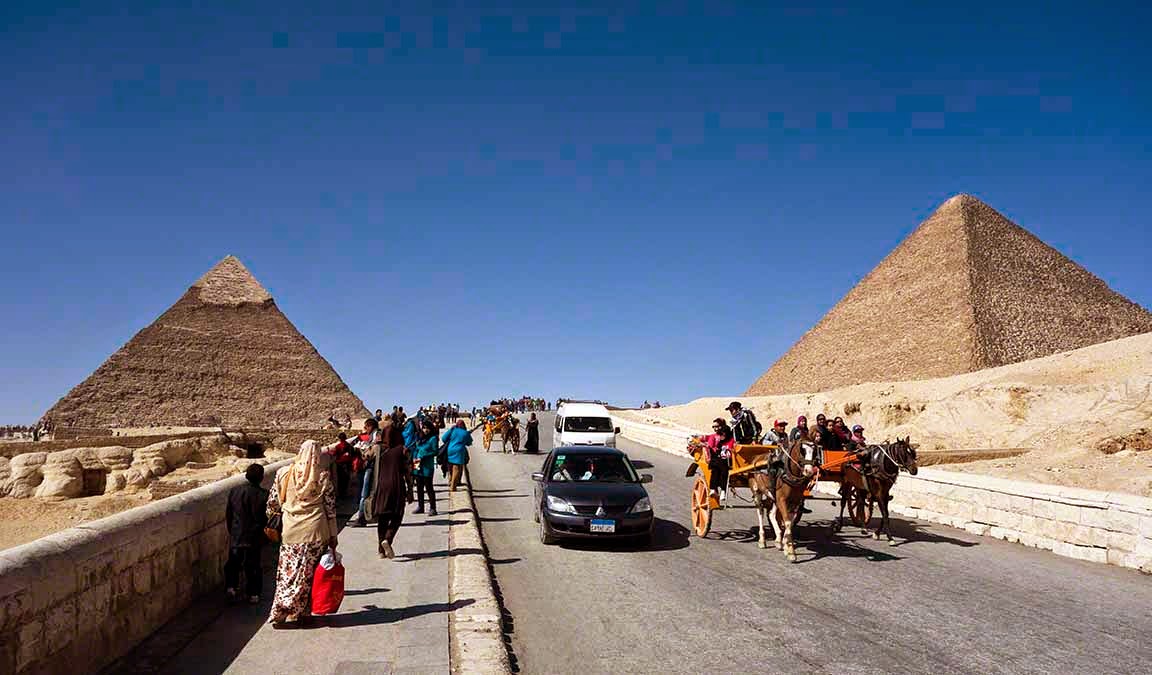Mongolia | Chingis Rides West | March to Bukhara
While the Siege of Otrār was in progress Chingis Khan and his youngest son Tolui led the main Mongol army southwest to Bukhara. No mention is made in any of the sources about crossing the Syr Darya, usually an intimidating operation, which leads Barthold to opine that the river was frozen over by the time the Mongol army reached it and that they crossed over on the ice. This could have occurred no earlier than late November or early December. The first major town the Mongols encountered south of the Syr Darya was Zarnuq. “When the king of planets raised his banner on the eastern horizon [at sunrise, to the more prosaic-minded],” Chingis and his army appeared before the city walls, according to Juvaini. The inhabitants retired into the Citadel, closed the gates, and at first were determined to resist the Mongol attack. A man named Danishmand (danishman means “consultant”), either a commander of one of the Turkish auxiliary units or a Khwarezmian trader who had attached himself Chingis’s army, was sent into the city to talk some sense into the local panjandrums. After they threatened him with bodily harm, he shouted at them:
I am . . . a Moslem and a son of a Moslem. Seeking God’s pleasure I am come on an embassy to you, at the inflexible command of Chingiz-Khan, to draw you out of the whirlpool of of destruction and the trough of blood . . . If you are incited to resist in any way, in an hour’s time your citadel will be level ground and the plain a sea of blood. But if you listen to advice and exhortation with the ear of intelligence and consideration and become submissive and obedient to his command, your lives and property will remain in the stronghold of security.
After this verbal blast the local dignitaries thought it wise to surrender. But they insisted that Danishmand be held hostage while they went out to negotiate terms with Chingis. If any of them were harmed it would mean Danishmand’s head. First they sent forth a delegation with gifts for the Mongol potentate. Chingis did not appreciate this gesture. He dispatched a message to the city fathers telling them to quit wasting time and to appear in person before him immediately. Receiving this summons “a tremor of horror appeared on the limbs of these people” and they presented themselves to Chingis forthwith. Without further ado he accepted their surrender and then ordered all the inhabitants to vacate the city. During a headcount young men were singled out and drafted as levies for siege work in the anticipated attack against Bukhara. Then while the people of Zarnuq were encamped on the the plains outside the city the citadel was leveled. Juvaini does not specifically say the abandoned city was looted, but presumably it was. Still, the inhabitants had escaped with their lives and whatever personal possessions they had managed to keep out the hand of the Mongols. After the invaders left they were free to return to what remained of their city. The relatively benign fate of Zarnuq led Chingis’s soldiers, perhaps Turkish auxiliaries, since the words are Turkish, to nickname the town Qutlugh-Baligh (“Fortunate” or “Blessed” Town).
To reach Nur, the next big town before Bukhara, the Mongol army had to cross a fearsome stretch of the waterless Kyzyl Kum Desert. Normally this would have been a daunting if not impossible march for a large army, but a Turkmen caravan man in Zarnuq, apparently with a grudge of his own against the Khwarezmshah or in return for coin of the realm, showed Chingis a secret road from Zarnuq to Nūr, greatly facilitating the Mongol advance. Henceforth this route became known as the Khan’s Road (Juvaini tells us that he himself traveled this road years later, in 1251.) Again the belief of the Khwarezmshah’s advisors that his army would have an advantage over the Mongols because of their knowledge of local roads and terrain proved false. At least some elements of the local populace were proving to be more than willing to assist the invading Mongols.
A Mongol commander by the name of Dayir led the Mongol vanguard to Nur. On the outskirts of town they stopped in some groves of fruit trees—now barren, as it was January—and camped. That night they cut down trees and used the wood to fashion scaling ladders. The next morning they rode up the city walls holding the scaling ladders in front of them The sudden appearance of this Mongol vanguard via a route thought to be known only to merchants caused the watchmen on the walls to mistake it at first for a trading caravan. As the horsemen got closer the watchmen saw the ladders and realized that that the mounted men were invaders. The city gates were thrown shut and the city fathers commenced debating among themselves what course of action to take. After much argument it was decided that they had no choice but to throw in the towel. An envoy was sent to Chingis Khan, who was still advancing across the desert with the bulk of his army. Accepting the city’s surrender, he ordering the city fathers to submit to his general Sübetei, who had already arrived at Nur in the wake of the vanguard. Sübetei herded the inhabitants out of town, allowing them to take along only “what was necessary for their livelihood and the pursuit of husbandry and agriculture, such as sheep and cows . . .” He further ordered that “they should go out on to the plain leaving their houses exactly as they were so that they might be looted by the army.” In return for this acquiescence the Mongols agreed not to inflict bodily harm on anyone.
When Chingis Khan finally arrived in town he ordered the city’s inhabitants to cough up 1500 dinars, the same amount they paid in taxes to the Khwarezmshah each year. Half of this sum, we are told, was paid in women’s earrings. The fact that the locals still had dinars to pay, and women earrings to hand over, would seem to indicate that individuals had not been robbed of the possessions on their persons, even though the town itself had been sacked and looted. As usual, young men were dragooned as levies, although according to Juvaini only sixty were taken.
Compared with the devastation the Mongols would later inflict on cities which resisted them, Nur, like Zarnuq, got off rather lightly, even if the women did lament the loss of their earrings. Both cities were essentially sideshows. By February of 1220 Chingis and his army were on the outskirts of Bukhara, and the main event was about to begin.


